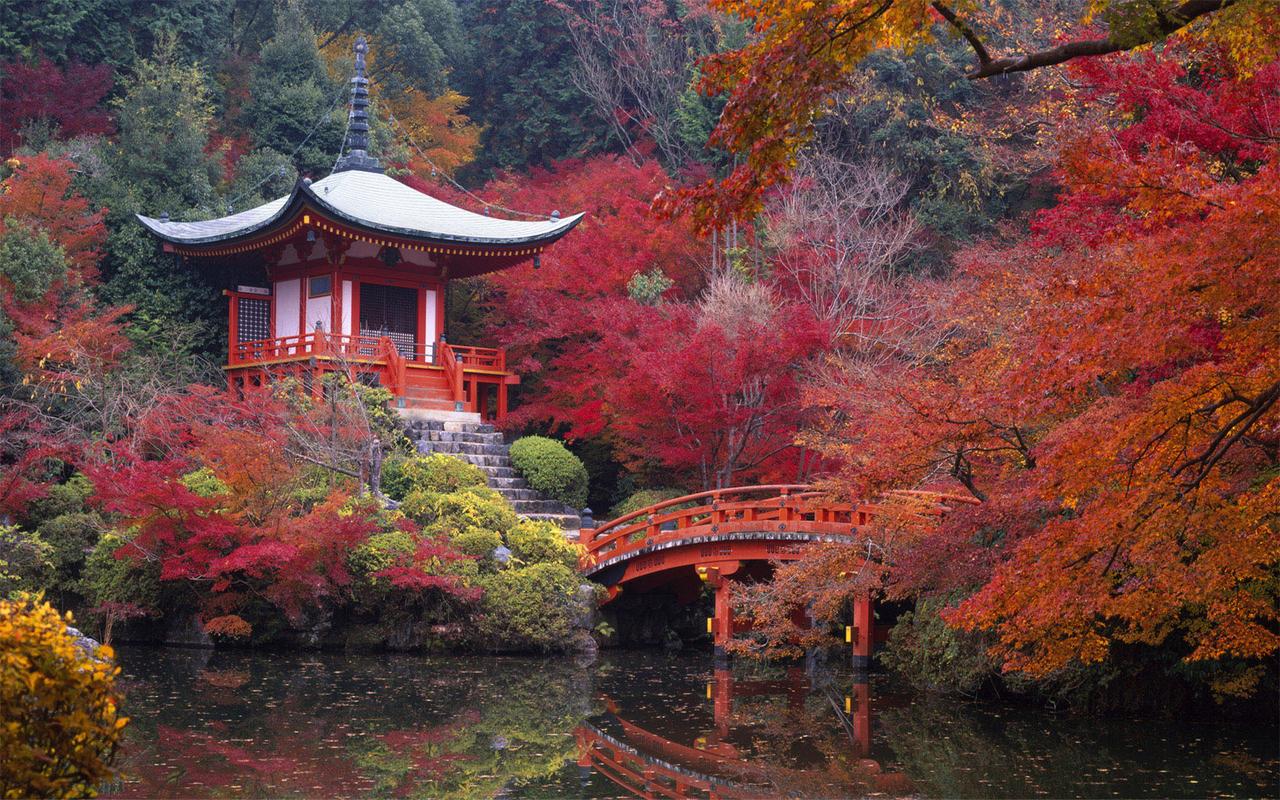The world is filled with a rich tapestry of cultures that have stood the test of time. One of the ways that these cultures express themselves is through traditional festivals. These festivals are more than just a celebration; they are a reflection of the history, beliefs, and values of the people who observe them.
The significance of traditional festivals cannot be overstated. For one, they serve as a reminder of the past, of moments that shaped the culture of a people. They also provide a rare opportunity for people to gather together and experience a sense of community, sharing in food, dance, and other cultural activities.
Traditional festivals also play a role in passing on customs and traditions from one generation to another. These customs help to define the unique identity of a people, and their transmission through festivals ensures their preservation.
Furthermore, traditional festivals promote cultural exchange and understanding. They bring together people from different backgrounds and regions, allowing them to learn from one another and develop a deeper appreciation of the diversity of human experience.
The historical significance of traditional festivals cannot be denied. They have played a vital role in shaping the cultural landscape of the world, and they continue to be celebrated with enthusiasm and pride. As we move forward, we must not forget the importance of preserving and celebrating these rich cultural traditions for the generations to come.
(Note: Do you have knowledge or insights to share? Unlock new opportunities and expand your reach by joining our authors team. Click Registration to join us and share your expertise with our readers.)
Speech tips:
Please note that any statements involving politics will not be approved.
